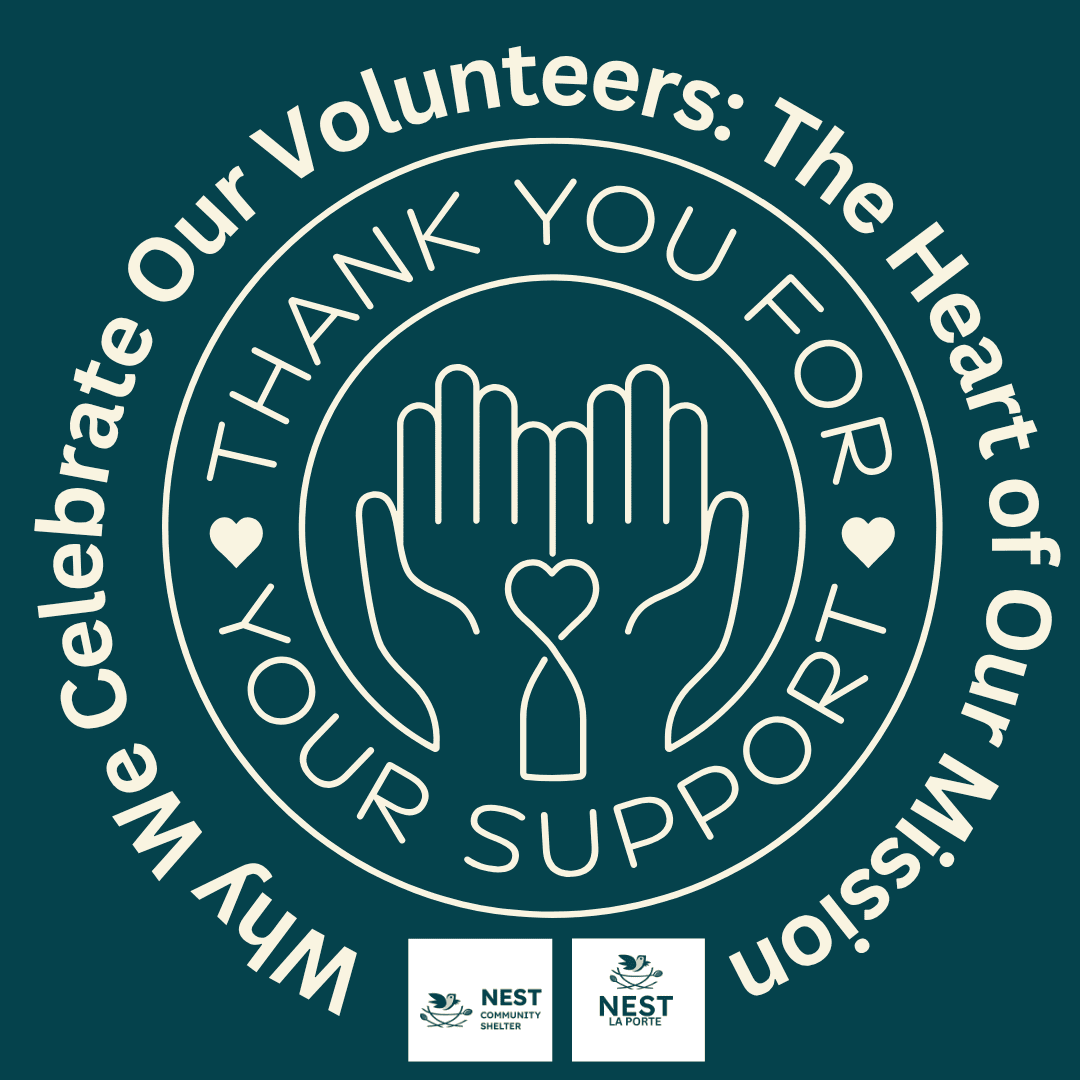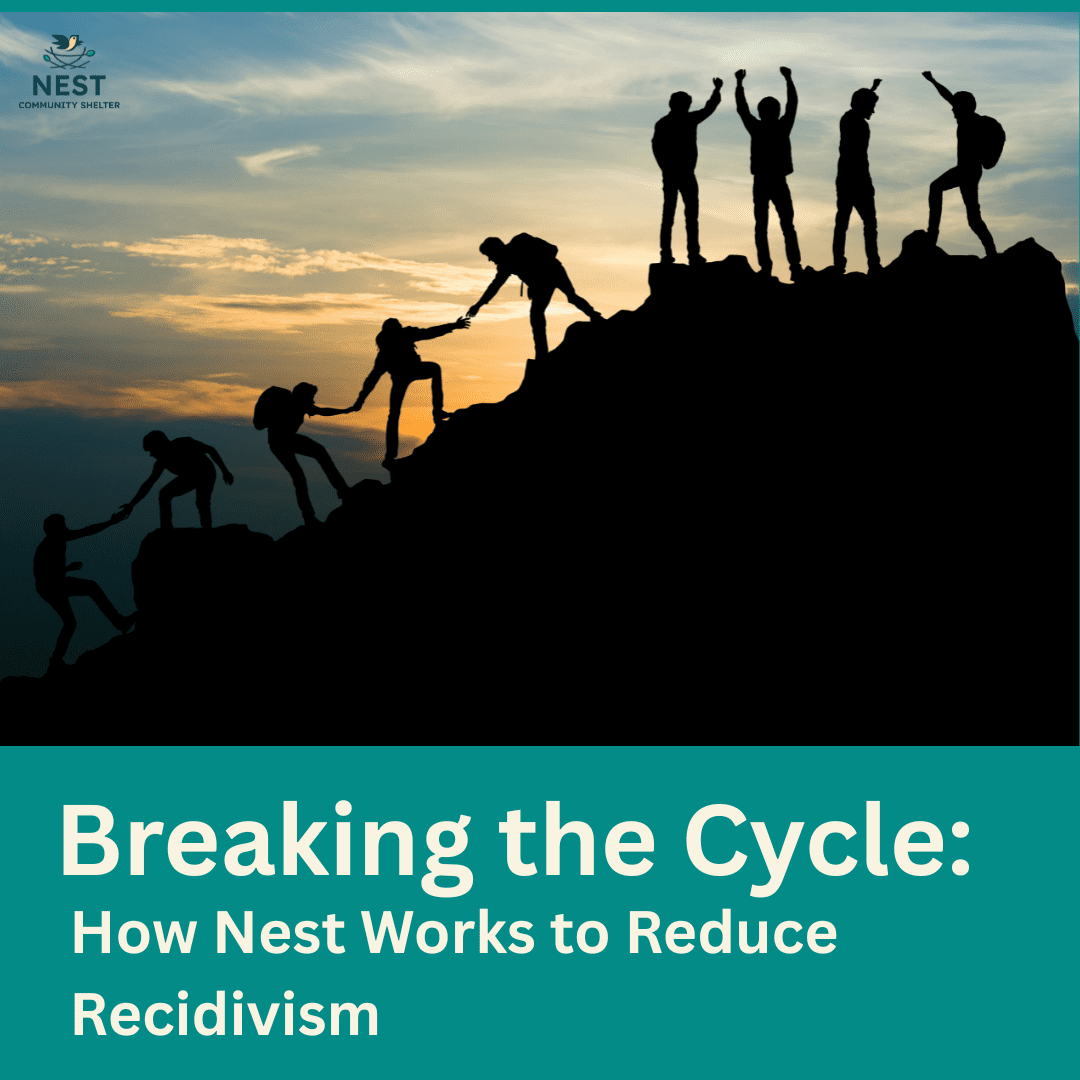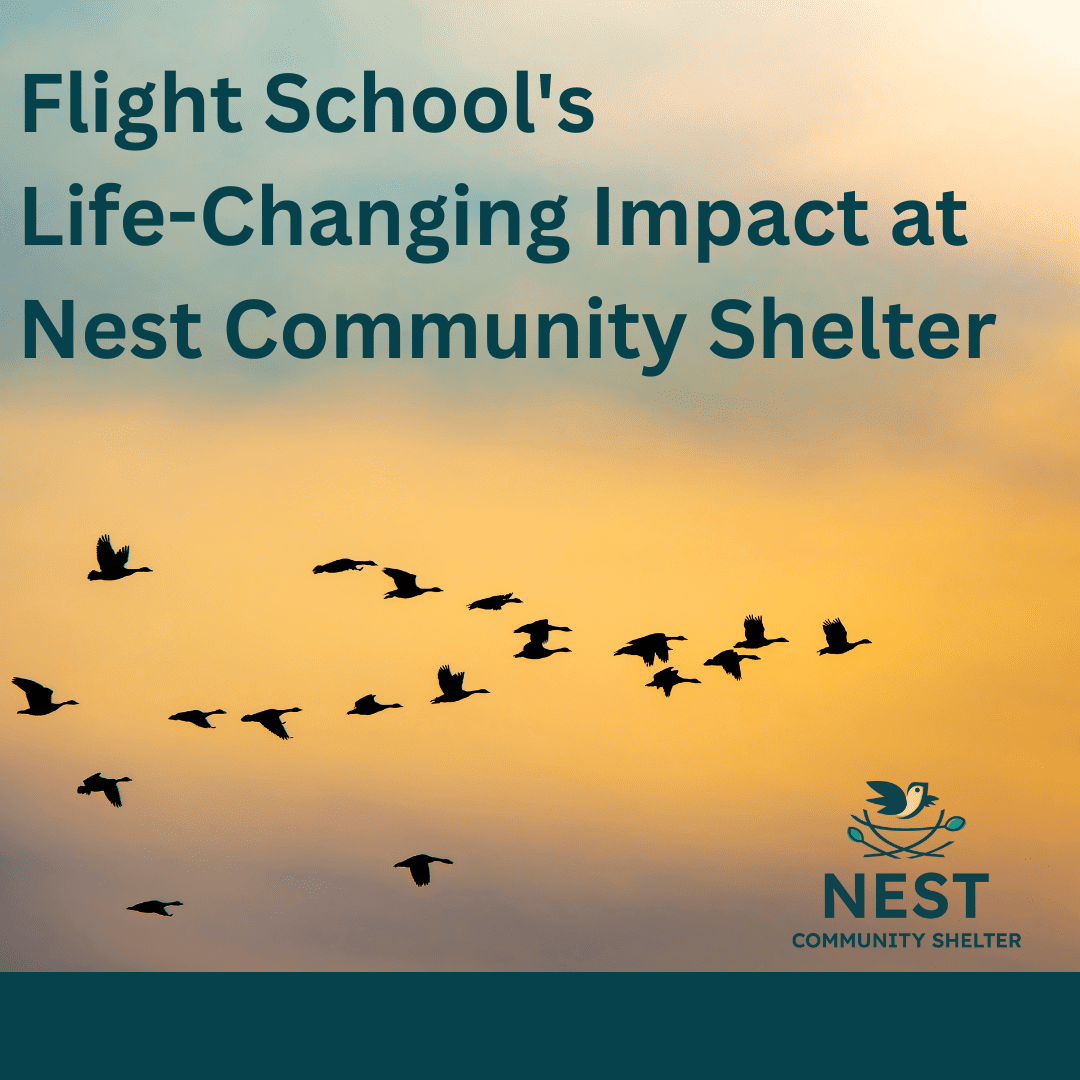
Here at Interfaith Community PADS, we provide warm meals and a safe place to stay each night for homeless guests in Michigan City and LaPorte County. This is important work and we are honored to do it.
But there is more to it than that, which is what we want to discuss today.
Most people are familiar with our work in providing meals and shelter–vital work that offers temporary solutions for homeless guests in need. What many people don’t understand is that we are also involved in helping our homeless guests find permanent solutions so they get the resources they need to rebuild their lives.
This is an organized process called coordinated access.
Since spring is the time of growth and renewal, we thought now would be a wonderful time to explain more about coordinated access in our community and ICPADS role in it. Answers come from an interview with our Director, Harrison Holtkamp. As you will come to understand after reading this article, coordinated access is the joint effort of many local agencies that give our homeless guests the chance to start again.
Remember not the former things, nor consider the things of old. Behold, I am doing a new thing; now it springs forth, do you not perceive it? I will make a way in the wilderness and rivers in the desert. (Isaiah 43:18-19)
What Is Coordinated Access and How Does It Work?
According to Harrison,
“Coordinated access is a centralized process for assessing persons in need of homeless services to determine the appropriate service type.”
From a practical standpoint, Harrison explains that:
“Everything starts with case management. Guests sit down with a case manager and begin to create a plan of action to help guide them to self-sufficiency. A plan could look like – I need health insurance, need a birth certificate, need to renew ID/license, need to update my resume, need to seek counseling, need transportation, need a job, need to begin saving money, need to find housing. The guest then begins to address items on their case management plan, while being directed to agencies/services that can assist with each need. During the case management assessment, any issues or barriers that the guests want to address can be directed to agencies with services that assist with those needed areas.”
Who Is Involved in Coordinated Access?
The agencies and people who are involved in coordinated access will depend on the needs of the individual. Harrison explains,
“By the time the guest completes the program, there could be multiple case managers involved. Places like Keys to Hope (our community resource center that assists with initial case management of our guests), Swanson Center (the community mental health provider), Michigan City Housing Authority, AK Smith Career Center, Goodwill Industries, Veteran Services, all have a certain missing piece of the guest’s puzzle.”
ICPADS plays an important role in coordinated access too. According to Harrison,
“We follow up with their case managers to understand each guest’s case management plan and assist with coordinating additional services and follow through.”
This means that guests who stay at the ICPADS shelter are not just names and faces. We understand their stories – their past and the bright future that awaits them. We know their case management plan and we celebrate their wins! We also work with their case manager and other agencies to help them stay on track with the plan.
Why Should You Care About Case Management?
Coordinated access is important because,
“It ensures that individuals at risk of or experiencing homelessness will have timely access to appropriate resources.”
But when asked why our community should care about coordinated access, Harrison added:
“They should be proud that their community is coming together to help their neighbors. They should be thankful that those in need have an opportunity to help themselves through these coordinated agencies.”
How Can YOU Get Involved?
Coordinated access makes a big impact in our community. Maybe you’d like to get involved? Here’s Harrison’s advice:
“Getting involved is easy. Let’s say that you would like to help the homeless (my number one choice…but not my only), give the shelter or agency a call and start a conversation about volunteer opportunities, or what purchases they are in need of, or how to donate monetarily. I would start with something you are passionate about. Maybe it’s helping someone obtain their GED through the library’s volunteer services or through AK Smith. Maybe the cause is helping community gardens, or helping intellectually disabled adults, or just talking to new friends at nursing homes. The whole purpose of volunteering is to help one another. I like the thought that something I have done today made someone else smile.”
Final Thoughts
Coordinated access is a great benefit to homeless guests at our shelter, as it equips them with what they need to rebuild their lives and start over again. Harrison reflects on this point by saying,
“There is one reason why guests come to us, but there are many reasons that led them here. While guests are following through with their case plan, they are guided to the agencies that have coordinated their efforts to assist them, and they are given the tools to overcome certain barriers that have kept them from self-sufficiency. It is a team of agencies helping those in need.”
Coordinated access makes a difference in our community, and in the lives of homeless guests who succeed in their case management plan and leave our shelter to move on to bigger and better things.
We can’t do this work alone, which is why we encourage you to get involved! Follow Harrison’s advice above to contact an organization or agency who can use your help. If that organization is ICPADS, you can reach us by phone at (219) 276-7582, by email at info@interfaithcommunitypads.com, or on our Facebook page.



